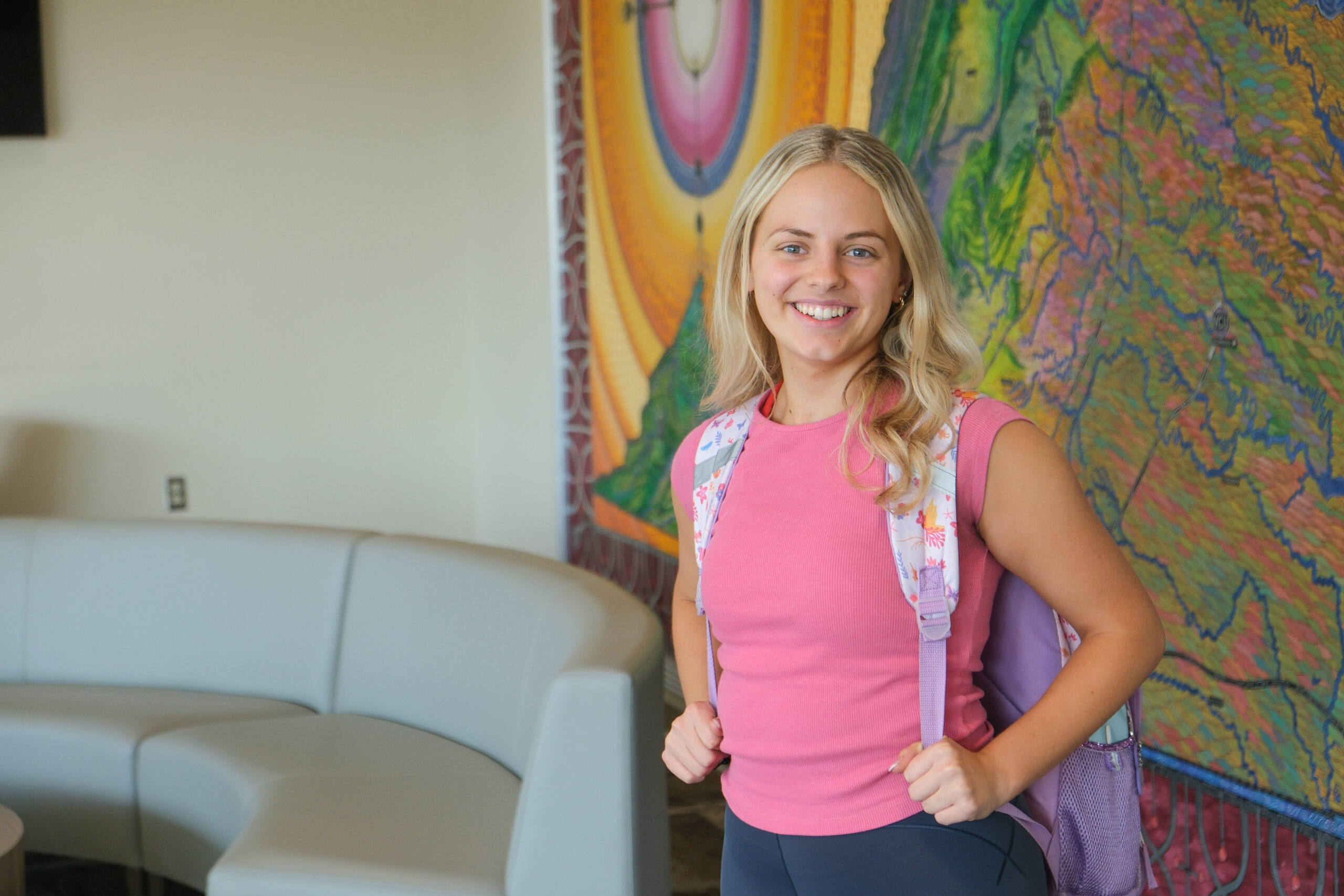Article courtesy of Cardinal News
According to the 2023 data from the Rural Health Information Hub, funded by the Health Resources and Services Administration (HRSA), many counties across Southwest Virginia report having one or even zero nurse anesthetists per 10,000 people.
I was in labor with my daughter when the man who gave me an epidural changed everything.
“Thank you, doctor,” I said.
“Oh no,” he replied. “I’m a nurse.”
I was in nursing school at the time — and, at that moment, I knew I wanted to become a nurse anesthetist. However, as a single mom anchored to Big Stone Gap, going away to school wasn’t realistic.
Then I saw a small ad for something big: Virginia Commonwealth University was launching a nurse anesthesia distance site in Abingdon. I enrolled in the first class, one of just five students. We called ourselves the Fab Five.
This novel approach brings education in specialized fields to where it is critically needed, with a twofold impact. Students are prepared for advanced medical careers without leaving their hometowns and support networks, while underserved communities benefit from the highly trained practitioners who overwhelmingly want to stay near family in these regions.
Put simply, the program is generating essential talent to fill critical gaps in underserved rural communities. Students receive the same high-quality, hands-on training they’d get on VCU’s Richmond campus — including access to state-of-the-art simulation labs, expert faculty and the latest tools in the field. By using technology smartly, we bring top-tier education to the communities where we grew up.
Since I completed the program 19 years ago, the need has only grown. Let’s look at nurse anesthesia, in particular.
According to the 2023 data from the Rural Health Information Hub, funded by the Health Resources and Services Administration (HRSA), many counties across Southwest Virginia report having one or even zero nurse anesthetists per 10,000 people. In Dickenson County, where I grew up, the number is zero. The same is true in nearby Buchanan and Carroll counties. It’s such a critical workforce issue that the federal government actively tracks it. This need helps illustrate why programs like ours exist.
Nurse anesthetists make surgery possible in rural hospitals, ensure safer childbirth and respond to trauma when every second counts. We provide relief and specialized care close to home, so patients aren’t forced to travel hours for procedures they need now.
When students train locally, they stay local. That’s not a theory: It’s a proven outcome. At VCU, we’ve seen that nearly 90% of nurse anesthesia graduates from Southwest Virginia locations remain in the region where they are trained. That is worth celebrating and part of a concerted effort with a full team led by folks like Beverly George-Gay, who has led our distance learning efforts from day one. That team approach matters. What’s more, it increases access to education that might otherwise be out of reach for prospective students.
Because it works, VCU has expanded the Abingdon campus to include Medical Laboratory Sciences, developing the next generation of individuals providing lab results that the CDC cites as critical to 70% of today’s health care decisions. Like nurse anesthesia, this program delivers rigorous training through distance education, with strong outcomes and regional impact.
I’ve lived this journey. I didn’t move away to find opportunity — I found it here because someone believed Southwest Virginia was worth the investment. Two decades later, I’m proud to be part of ensuring that investment continues.
The message is simple: When we train people here, we give them the opportunity to build their careers close to home. When they choose to stay, our communities grow stronger, healthier and more resilient.
At VCU, 201 graduates from our nurse anesthesia program have completed training in Southwest Virginia. These are highly skilled professionals who advanced from ICU care to anesthesia practice right here in our own backyard. That number will keep growing, because regional hospitals, faculty and community leaders have invested in a model that works. Now is the time to build on that success.
So this is my call to action.
To prospective students: You don’t have to leave to lead. You can build a life-changing career right here. To hospitals: Invest in your workforce. Partner with programs like ours. Host students, hire graduates. To policymakers: Strengthen support for rural health care by investing in education, workforce development, and the faculty roles that make local training possible. To community members: Know that your care matters. And know that people like me are working every day to ensure it’s there when you need it most.
The need is real. The data makes that clear, but so is the opportunity if we choose to meet it.
Crystal Hunnicutt, DNAP, CRNA, is the director of Southwest Operations for the Department of Nurse Anesthesia at the VCU College of Health Professions. A native of Haysi in Dickenson County, she was part of the first nurse anesthesia cohort to train in Abingdon and now supports students and clinical partners across Southwest Virginia.

